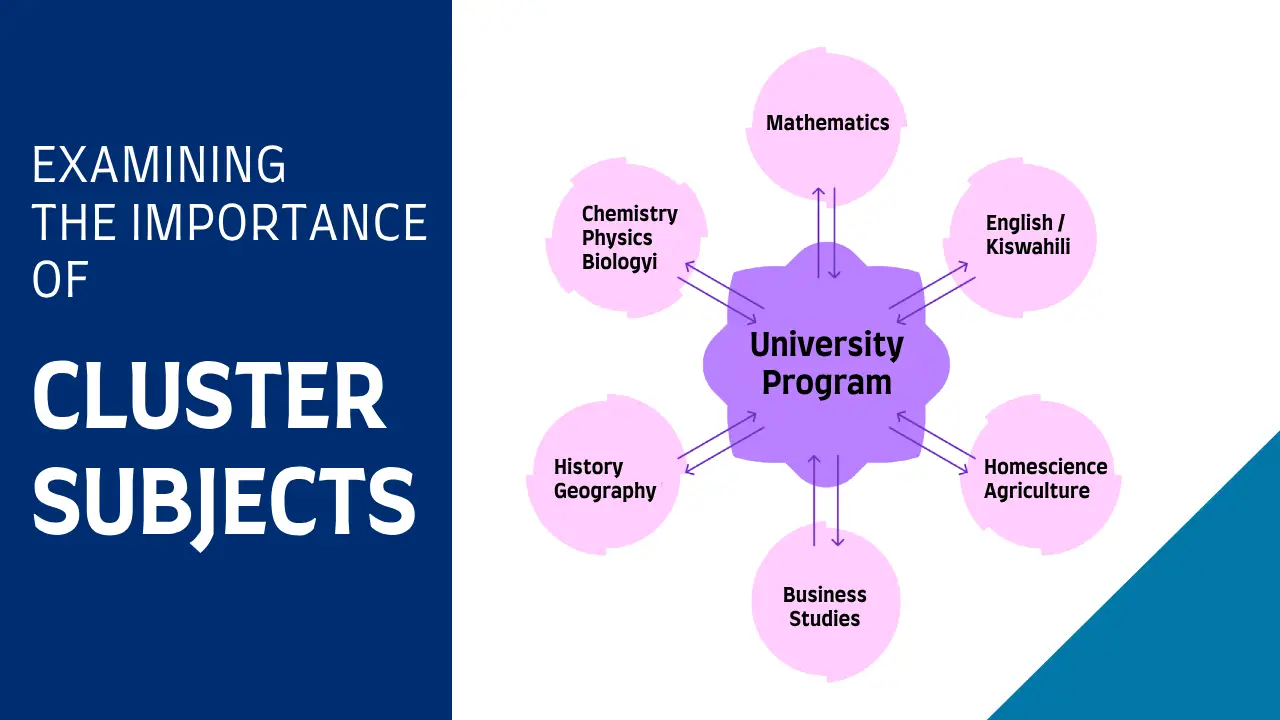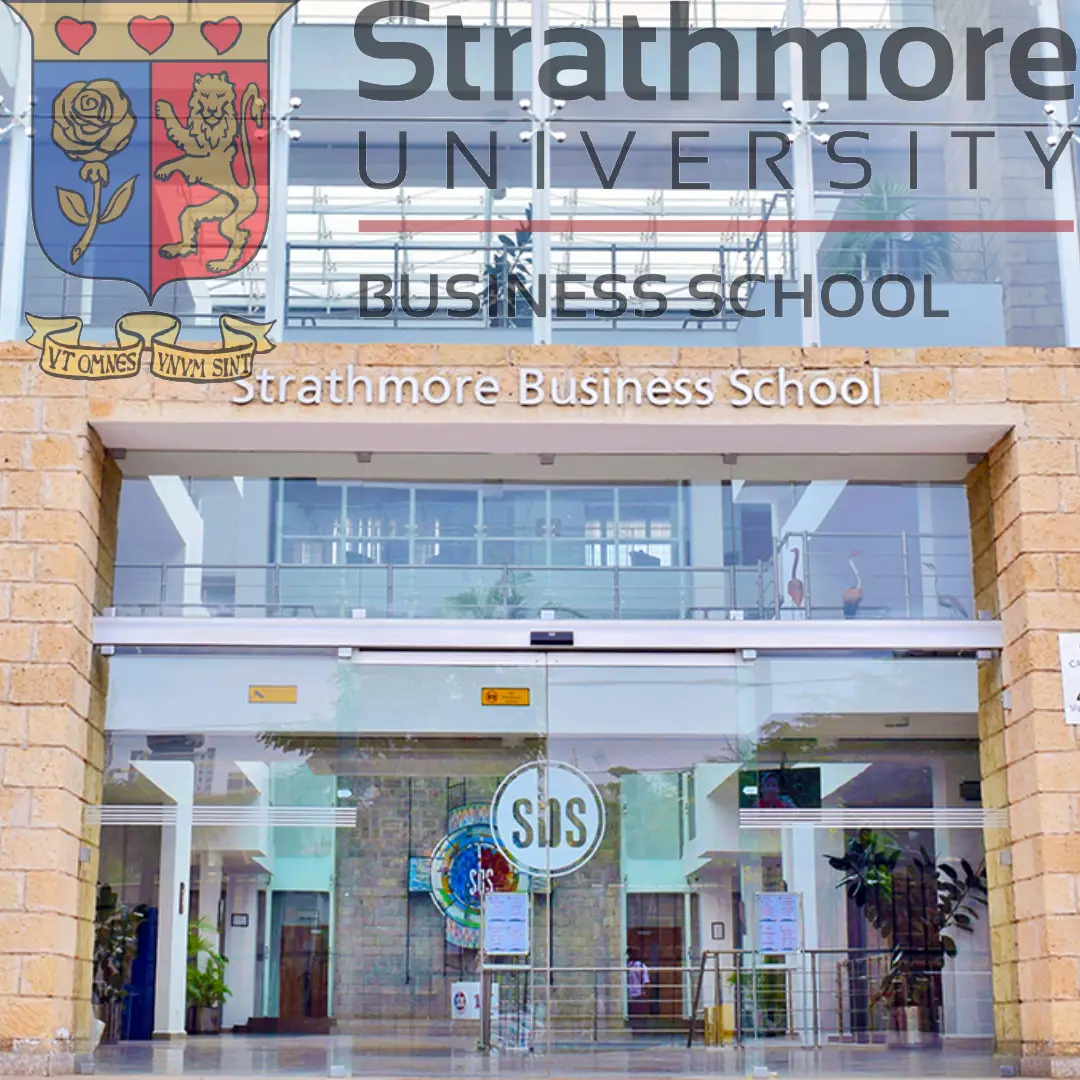
A research project is a scientific endeavor carried out to answer a research question, specifically, research projects may take the form of case series, case-control study, cohort study, randomized, controlled trial, survey, or secondary data analysis such as decision analysis, cost-effectiveness analysis or meta-analysis.
Research is a process of systematic inquiry that entails the collection of data; documentation of critical information; and analysis and interpretation of that data information, in accordance with suitable methodologies set by specific professional fields and academic disciplines. Research is conducted to evaluate the validity of a hypothesis or an interpretive framework; to assemble a body of substantive knowledge and findings for sharing them appropriately, and to generate questions for further inquiries.
To undertake an effective research project requires proper planning. The process of planning and conducting research can be divided into the following task areas among others.
Identifying a research problem
The research has to start by focusing on an area of interest; personal, professional, community, societal, national, and even international. The issue is; what is it that has caught your interest or raised questions in your mind to warrant the research? It is important to identify an area of interest that requires some inquiry and consequently develop a research proposal. It is important to select your research topic from your area of interest and specialization. thereafter have a well thought conceptual framework where the research will be anchored.
Establishing a conceptual framework
Can the area of investigation be fitted into a conceptual framework that gives a structured point-of-view? In other words, begin from a position of logical concepts, relationships, and expectations based on current thinking in this area. Build a conceptual framework into which your ideas can be placed, giving definition, orientation, and direction to your thinking. Once the conceptual framework is organized it sets the structure of the proposed research.
Delineating the research phenomenon
The researcher should select a topic from either practical situations or intellectual curiosity. What is it that you plan to investigate? What are the general goals of the study? define the problem. the problem statement is usually a paragraph within the discussion of the problem that pinpoints the research questions and or the hypotheses of the study.
Questions to be answered
When will the research be done what are the questions to which reasonable answers can be expected? What is the research gap that the research investigation hopes to address?
Statement of Hypothesis and Objectives
Spell out the particular research hypotheses you will test and the specific objectives at which the research is aimed, be concrete and clear, making sure that each hypothesis or objective is stated in observable behavior allowing objective evaluation of the results.
Selecting a research methodology and using data gathering procedures and techniques
State who your subjects will be, how they will be selected, the conditions under which the data will be collected, treatment of variables to be manipulated, what measuring instruments or data gathering techniques will be used, and how data will be analyzed and interpreted.
Data analysis
An analysis of data will produce descriptions and inferences about the phenomenon being studied. Only through the reporting and dissemination of findings can research contribute to the knowledge base of a field and enhance practice.
In research, the issue of plagiarism cannot be ignored. Plagiarism is actually taking the ideas of others people and passing them off as one's own original work. to avoid plagiarism, it is important that all outside information must be acknowledged.
In conclusion, we need to bear in mind that research is a systematic process by which we know more about something than we did before engaging in the process. Since it is a systematic searching for knowledge is it must be planned. It requires the documentation of how data was gathered as well as what was concluded from the data.










